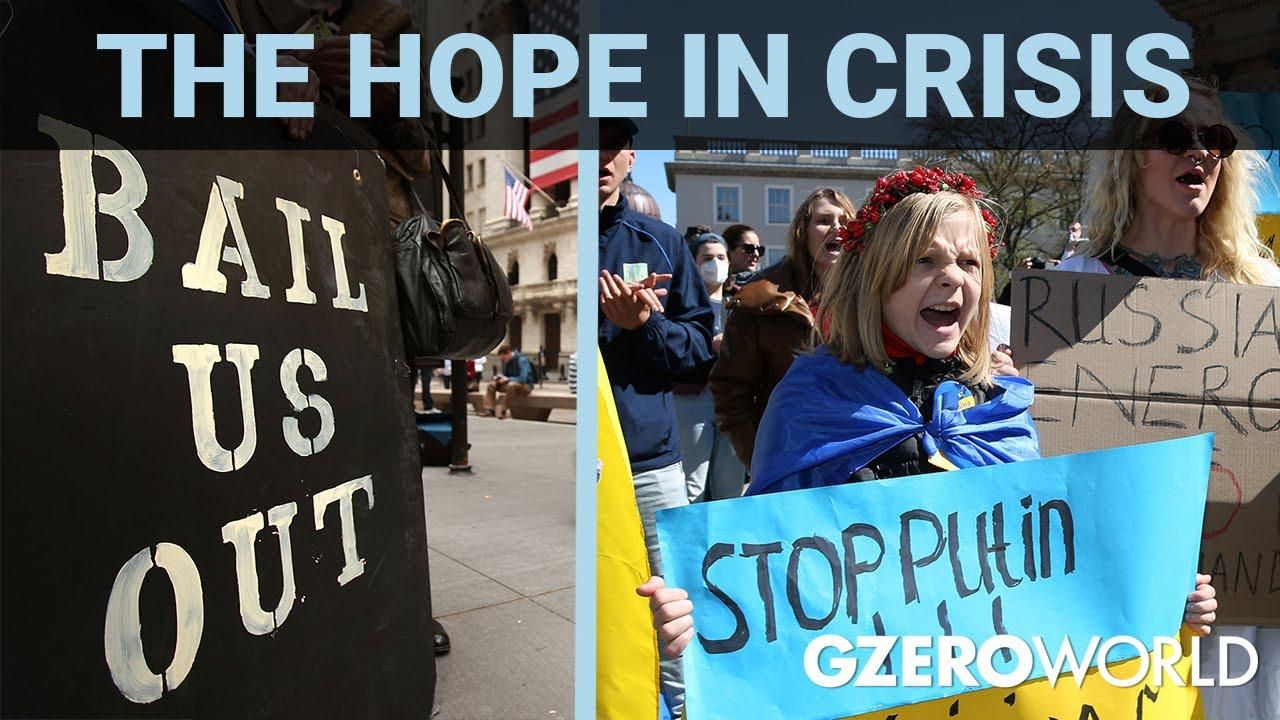
We're moving toward more illiberalism, zero trust in the US-China relationship, and other global crises. Are there any reasons for hope?
Not for political scientist and Harvard professor Stephen Walt, who believes we can't tackle all these crises at the same time — otherwise, at some point people will just throw up their hands and say it's just too hard.
What's more, he tells Ian Bremmer on GZERO World, when a crisis hits, the temptation to turn to strongman rule to fix the problem "goes way up."
For her part, Anne-Marie Slaughter, former US State Department official and CEO of New America, thinks we do have the ability to address many of the problems affecting the Global South because the most powerful countries are now all over the world.
Still, she says that many voices of people who need to be at the table — civic groups, CEOs, women, people of color — are not being heard.
Watch the rest of Ian Bremmer's conversation with Anne-Marie Slaughter and Stephen Walt on this episode of GZERO World: Hope as major crises intersect